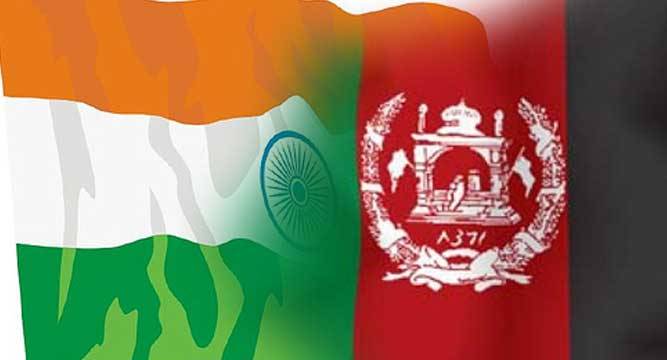The Union Cabinet, chaired by the Prime Minister Shri Narendra Modi approved signing of the agreement between India and Afghanistan on legal and judicial cooperation in civil and commercial matters for the service of summons, judicial documents, commissions, execution of judgements and arbitral awards.
Background:
During the recent State visit to India of the President of Afghanistan, Mohammad Ashraf Ghani a Joint Press Statement was released after delegation level meetings with the Prime Minister, which amongst other things mentioned that the two leaders agreed to sign certain agreements, which includes Mutual Legal Assistance Treaty (MLAT) in Civil and Commercial Matters. Subsequently, all provisions in the Indian Standard draft Mutual Legal Assistance Treaty in Civil and Commercial Matters were agreed upon.
Significance:
The MLAT agreement in Civil and Commercial matters is a comprehensive agreement for reciprocal arrangement with foreign countries for service of summons, for execution of Civil Decrees, for issuing Letter of Request, for taking of evidence under the Code of Civil Procedure, 1908 (CPC), and for enforcement of Arbitral Awards under the Arbitration and Conciliation Act, 1996.
Highlights of the Agreement:
- Service of judicial orders, summons and other legal and judicial documents or processes.
- Taking of evidence through request.
- Execution of judgments, settlements and arbitral awards.
- The agreement also applies to any request for reciprocal legal assistance relating to civil and commercial matters submitted before or after its entry into force.
- It states that service of summons and other judicial documents shall not be refused on the ground that the request does not show sufficient grounds supporting merits of the case.
- This also deals with taking of evidence by Diplomatic and Consular representatives from nationals of the country they represent, without compulsion, in order to help in completion of judicial proceedings commenced in the courts of the country they represent.
- The agreement will come into force on the 30th day after the exchange of instrument of Ratification and shall remain in force until terminated by either party by giving six months
- The provisions of the agreement are in conformity with the provisions of the Code of Civil Procedure, 1908 (CPC) and the Arbitration and Cancellation Act, 1996.
Possible Impact:
This agreement will be beneficial for the citizens of both countries. It will also fulfill the desire of both countries to strengthen the bonds of friendship and fruitful cooperation in the judicial and legal spheres, which is the spirit, essence and language of the preamble of the agreement.





